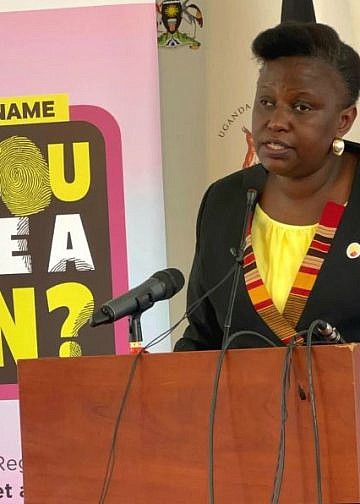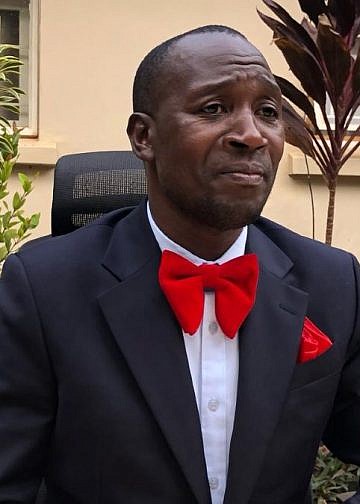With the date for the official start of the mass enrollment and renewal of national IDs fast approaching on Tuesday, May, 28, we are looking at requirements for those who seek to change particulars.
According to National Identification and Registration Authority(NIRA) Executive Director, Rosemary Kisembo, change of particulars on the national ID shall only be done at NIRA district offices.
“The reason for this is that it has some quite intense legal requirements that may not be easy for a new person who is just dealing with a kit to have and hold in their head,” Kisembo said.
She said there are nine classes of change of particulars, each with its own requirement.
According to NIRA, anyone seeking to change or correct their particulars, including names and age among others will be required to pay shs200,000 .
They will be required to fill in the application for replacement of lost, defaced or damaged national ID card whose form is on the NIRA website.
The applicant will be required to present the expired card for defacing or a valid police letter where the original ID is lost or stolen.
The applicants will be required to fill in their national identification number(NIN) and contact information including phone number, and email.
On the other hand, those who lost their national IDs will be required to pay shs50,000.
This means if you want to change particulars on your national ID but you also lost it, you will be required to pay shs250,000 in the bank.
Registration of children
The National Identification and Registration Authority (NIRA) has set clear yet flexible guidelines for registering children, urging guardians to take note as they prepare for the upcoming exercise.
To register a child for the first time, a photocopy of the National ID of at least one parent is required.
However, in the absence of the parents’ ID, the child can still be registered with the support of one of the four grandparents or a blood relative who is a direct descendant of any of the grandparents.
Importantly, every child must be accompanied by an adult a parent, grandparent, or qualified guardian who can support the child’s identification process.
In an effort to bring services closer to the people and ensure smooth and widespread access, NIRA is deploying registration teams at the parish level.
This move is designed to make the process more convenient for rural families and reduce travel burdens that have previously hindered participation.
Communities across the country are being mobilized, with local leaders encouraging parents and guardians to prepare necessary documents and bring eligible children to nearby registration points.




































